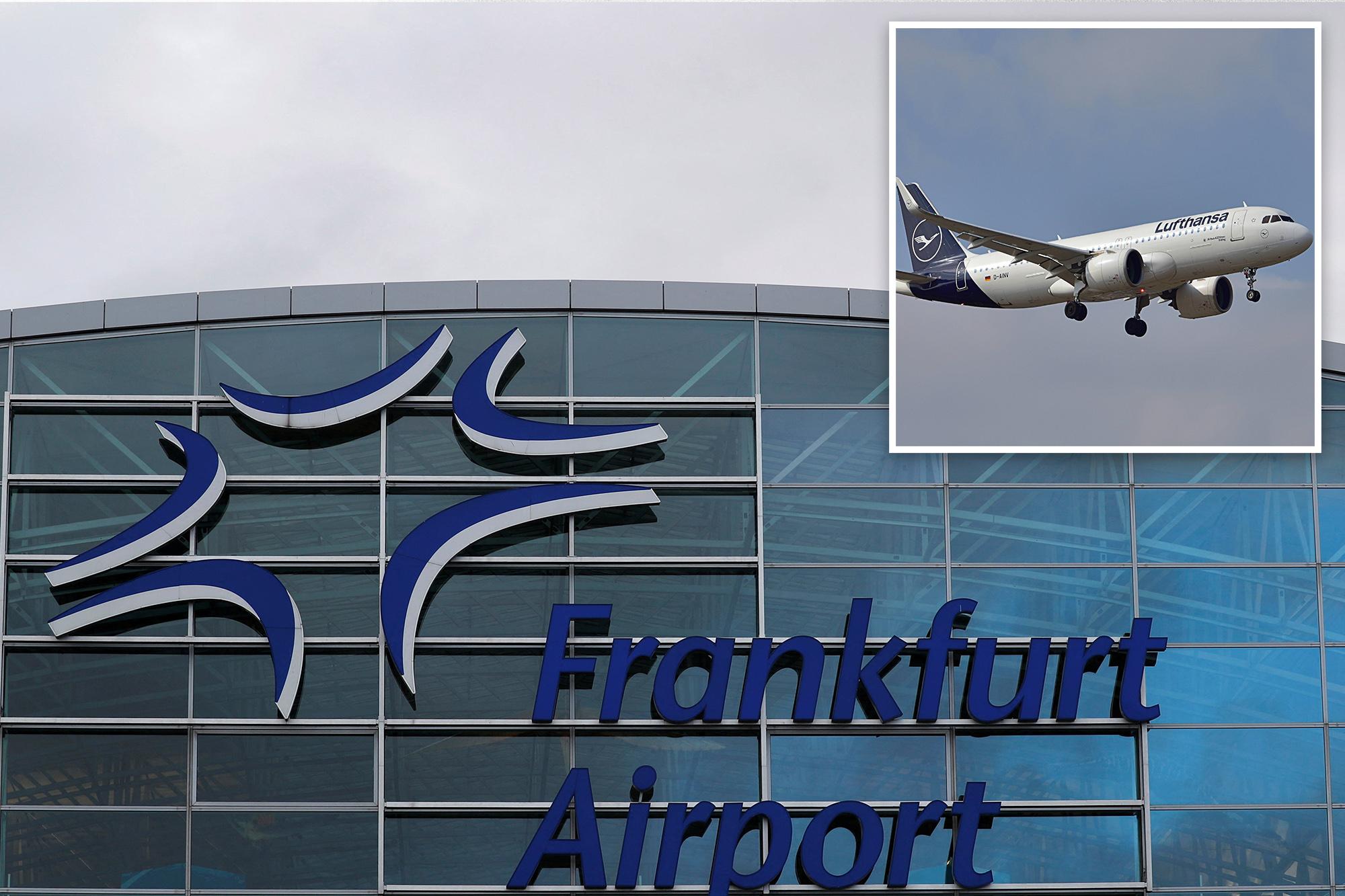
Smarter email, faster business. Auto-tag, parse, and respond to RFQs, quotes, orders, and more — instantly.
Trending Now:
US Aviation Industry Warns Tariffs on Aircraft Parts Could Disrupt Supply Chains
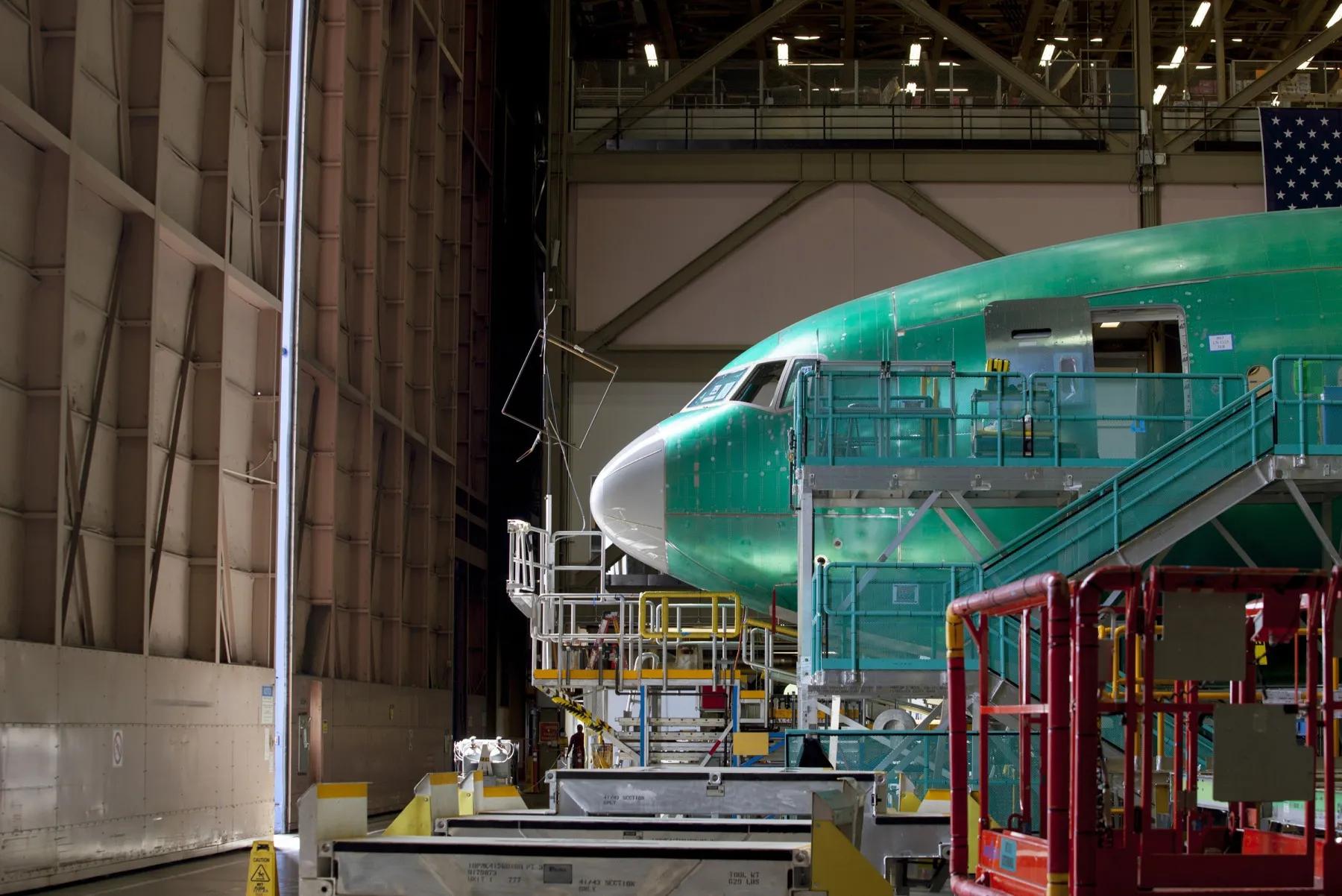
US Aviation Industry Warns Tariffs on Aircraft Parts Could Disrupt Supply Chains
Industry Opposition to Proposed Tariffs
US airlines and aerospace manufacturers have expressed strong opposition to the Trump administration’s proposed tariffs on civil aircraft and parts, cautioning that such measures could severely disrupt supply chains, increase operational costs, and threaten the sector’s substantial trade surplus. The Commerce Department, led by Secretary Howard Lutnick, initiated an investigation on May 1 into the potential imposition of tariffs ranging from 10 to 20 percent on civil aircraft components, including engines, following a directive from President Donald Trump. However, the industry targeted by these tariffs has made it clear that it does not support the move.
In a letter to Secretary Lutnick, the Aerospace Industries Association (AIA) warned that imposing broad tariff or non-tariff barriers on civil aviation technology imports risks reversing decades of industrial progress and damaging the domestic supply chain. The AIA further cautioned that such tariffs could jeopardize air safety and destabilize a supply chain still recovering from the impacts of the Covid-19 pandemic.
Economic Impact and Trade Considerations
The AIA highlighted the economic significance of the US aerospace and defense sector, which exported $135.9 billion in 2023, with $113.9 billion stemming from civil aviation alone. This resulted in a $74.5 billion trade surplus and supported over 2.2 million jobs across more than 100,000 companies. The sector also invested $34.5 billion in research and development last year, producing nearly $545 billion in goods. Airlines for America (A4A), another key trade association, underscored the importance of the international Agreement on Trade in Commercial Aviation (ATCA), which has eliminated tariffs and trade barriers for nearly five decades. A4A emphasized that 84 percent of US civil aviation production is domestic and argued that the remaining 16 percent does not require intervention. The group stressed that the existing trade framework is essential for both economic vitality and national security.
Risks to Supply Chains and Industry Stability
Experts warn that tariffs would act as a disruptive force within an already strained supply chain, which is grappling with labor shortages and skill deficits rather than trade imbalances. The added costs from tariffs have already increased expenses across the aerospace and defense sectors, affecting delivery schedules and profitability. Airlines are contending with rising costs, supply chain challenges, and weakening demand, leading to lowered forecasts and growing concerns about air safety.
Willie Walsh, head of the International Air Transport Association (IATA), urged policymakers to exclude aerospace from trade conflicts, emphasizing the need to avoid exacerbating existing difficulties. As the administration deliberates its next steps, industry leaders continue to advocate for maintaining the current trade framework, warning that new tariffs could undermine decades of progress and place the US aviation sector at a competitive disadvantage on the global stage.
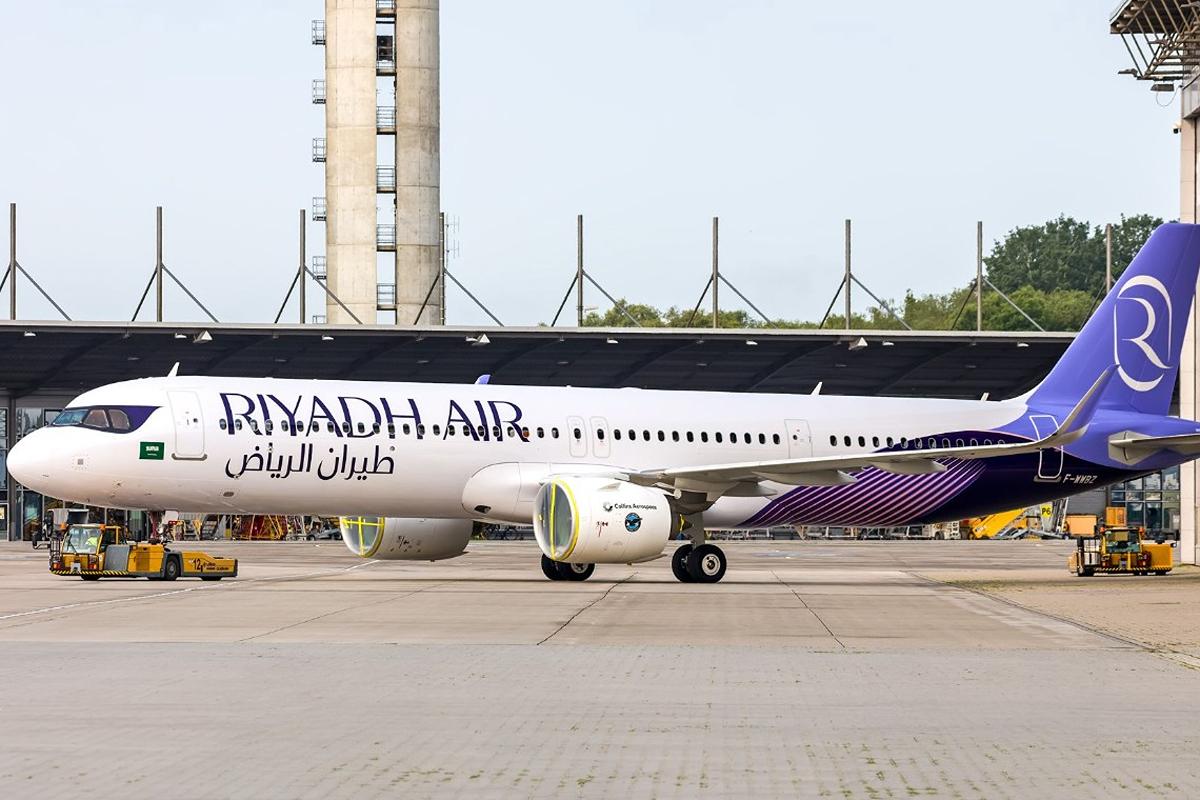
Riyadh Air Unveils Airbus A321XLR in Full Livery
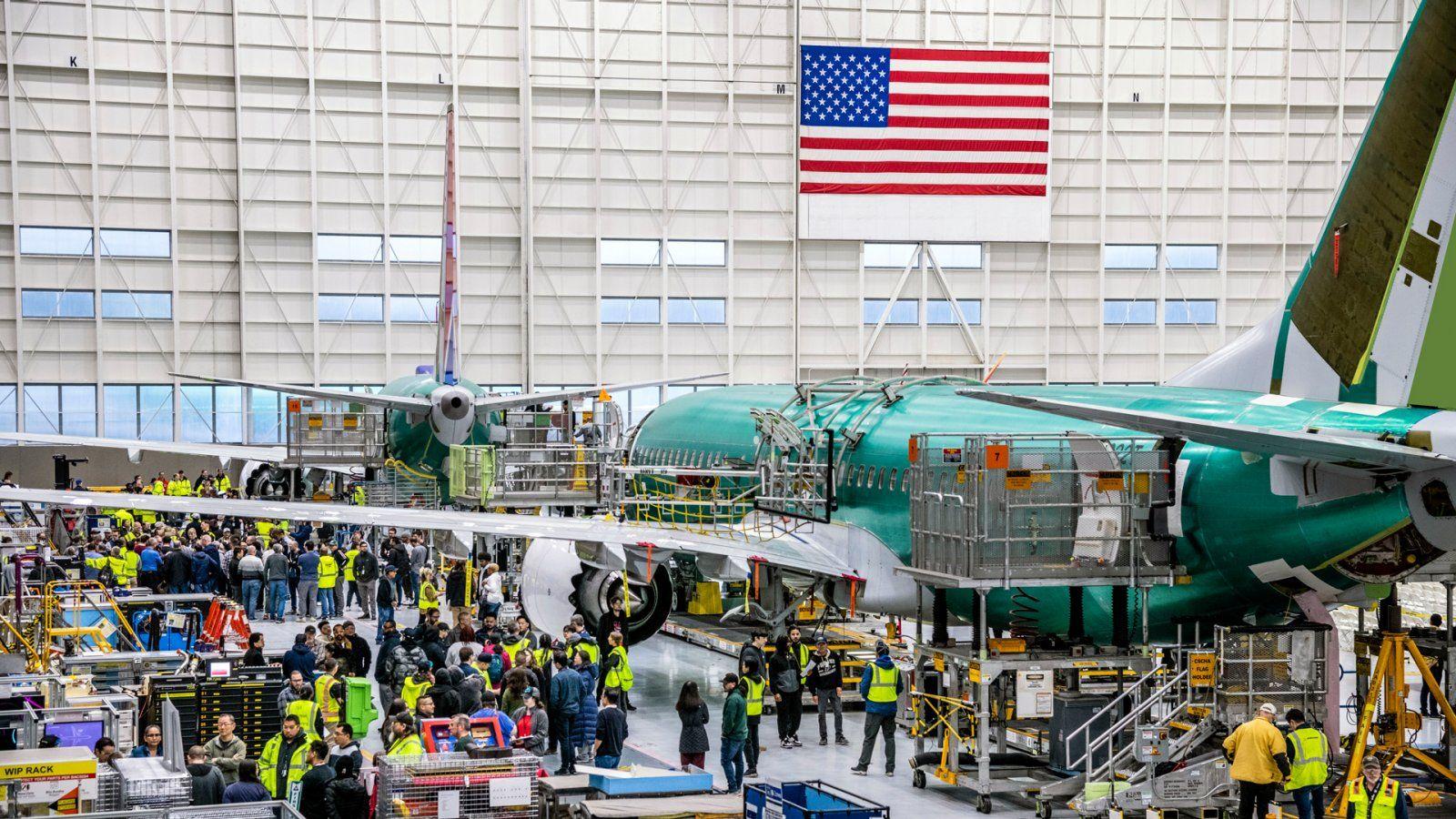
FAA Maintains Cap on Boeing 737 MAX Production

Aircraft MRO Market Projected to Reach $140.78 Billion by 2032 Amid Rising Air Travel
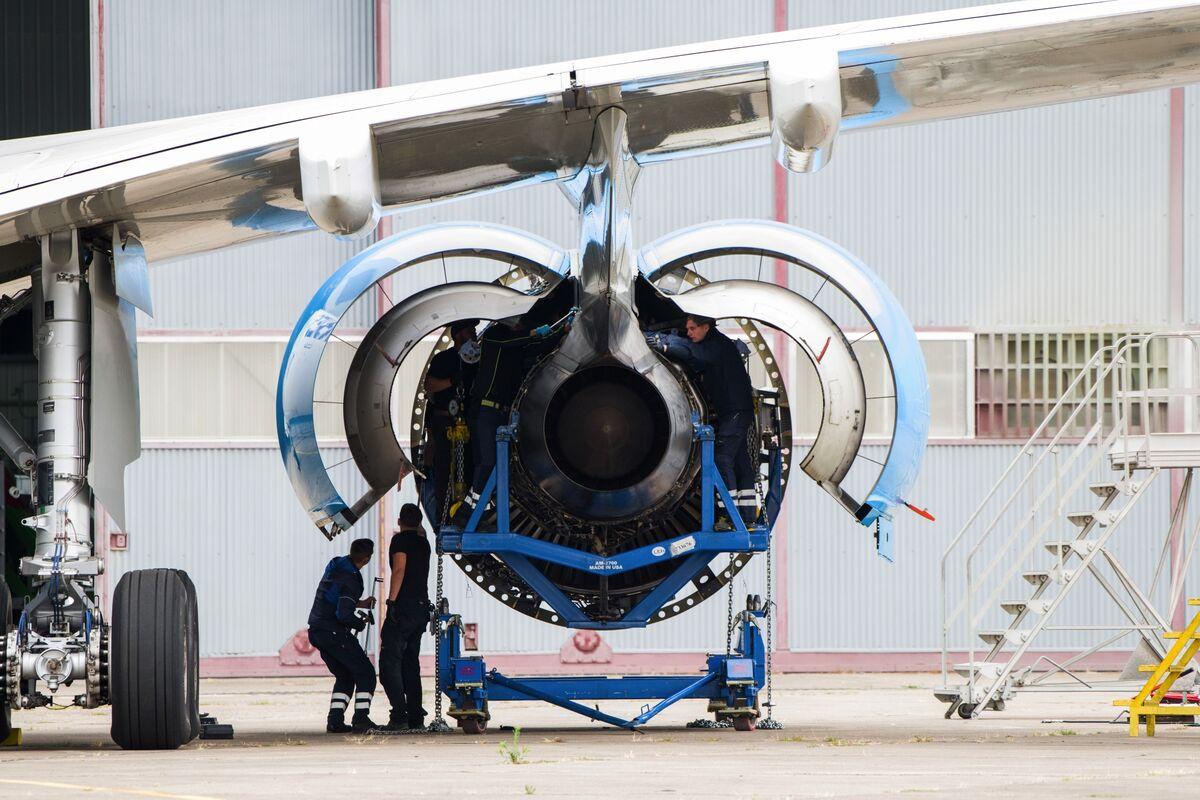
Rolls-Royce Enhances Its Leading Widebody Engine
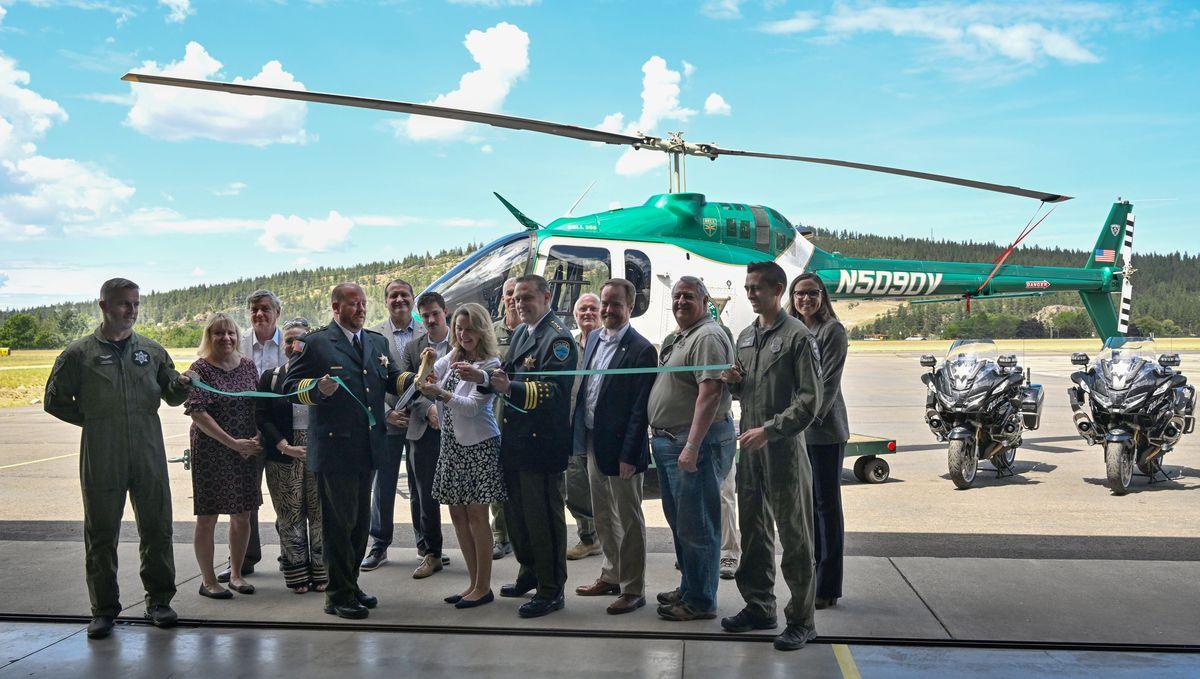
Spokane County Air Support Unit Adds Bell 505 Helicopter
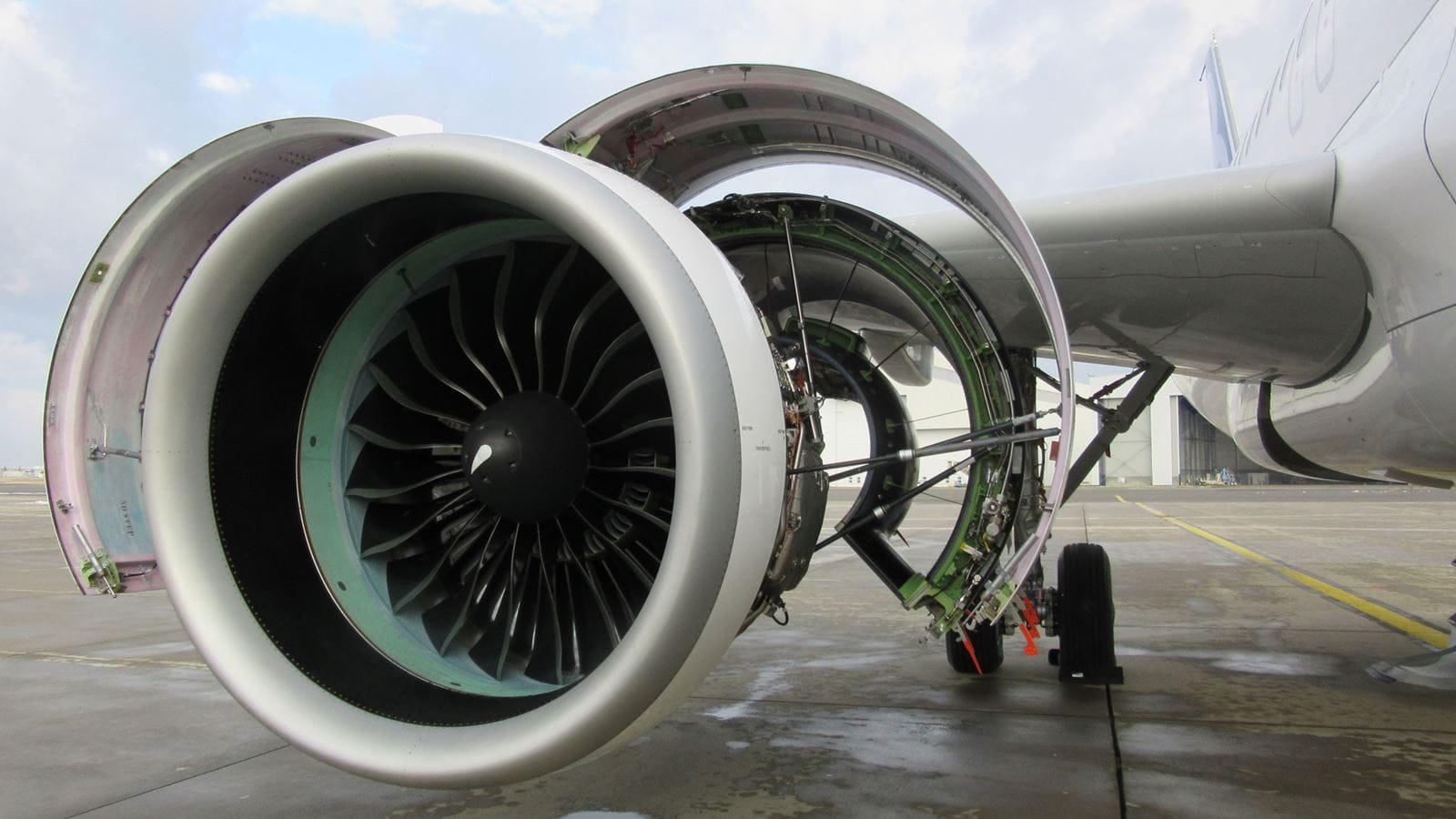
Spirit Aviation to Receive Up to $195 Million in Credits for Pratt & Whitney Engine Delays
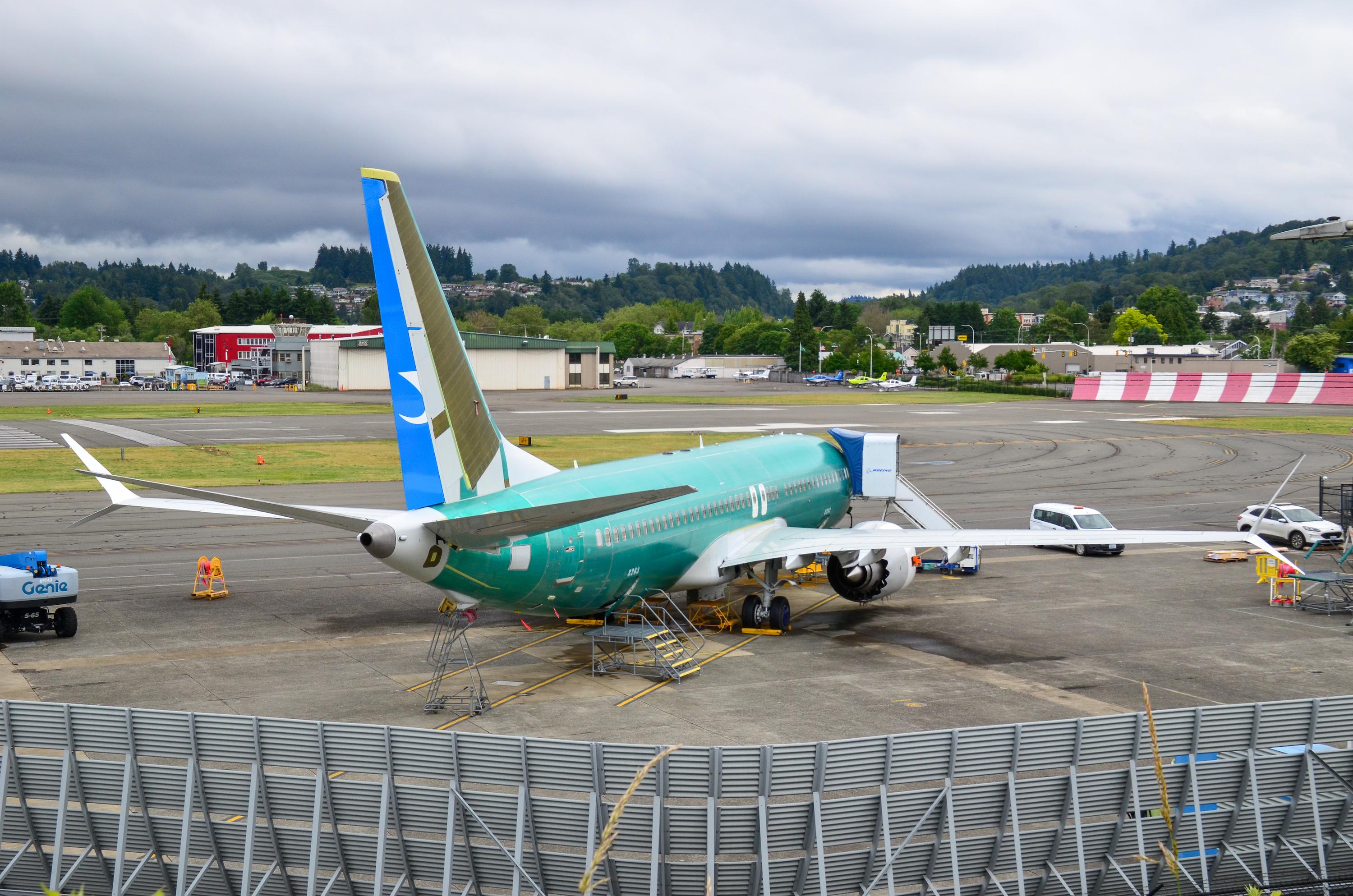
Xiamen Airlines' Boeing 737 MAX 8 Returns to China
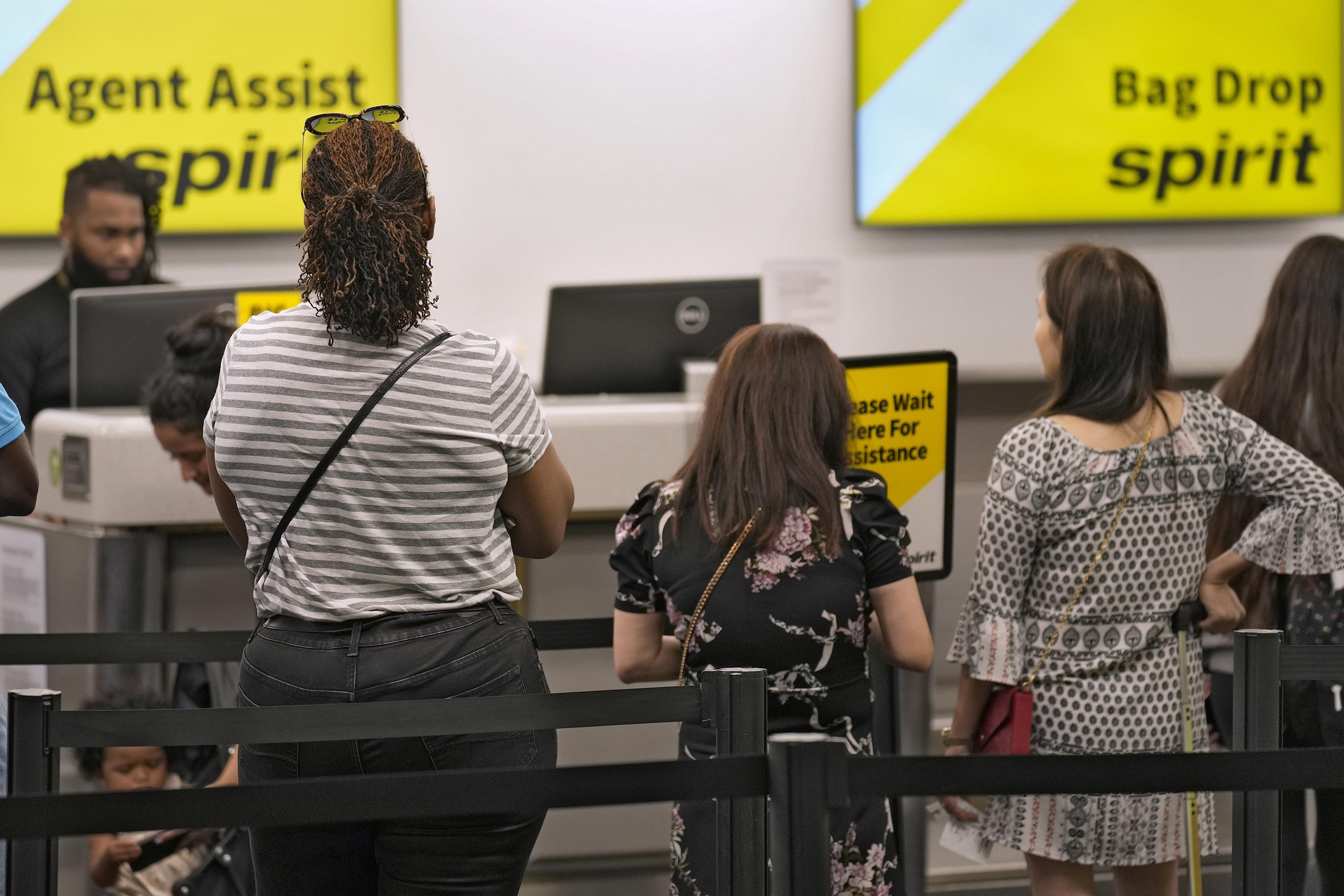
Spirit Aviation Reaches Compensation Agreement with IAE Over Engine Issues
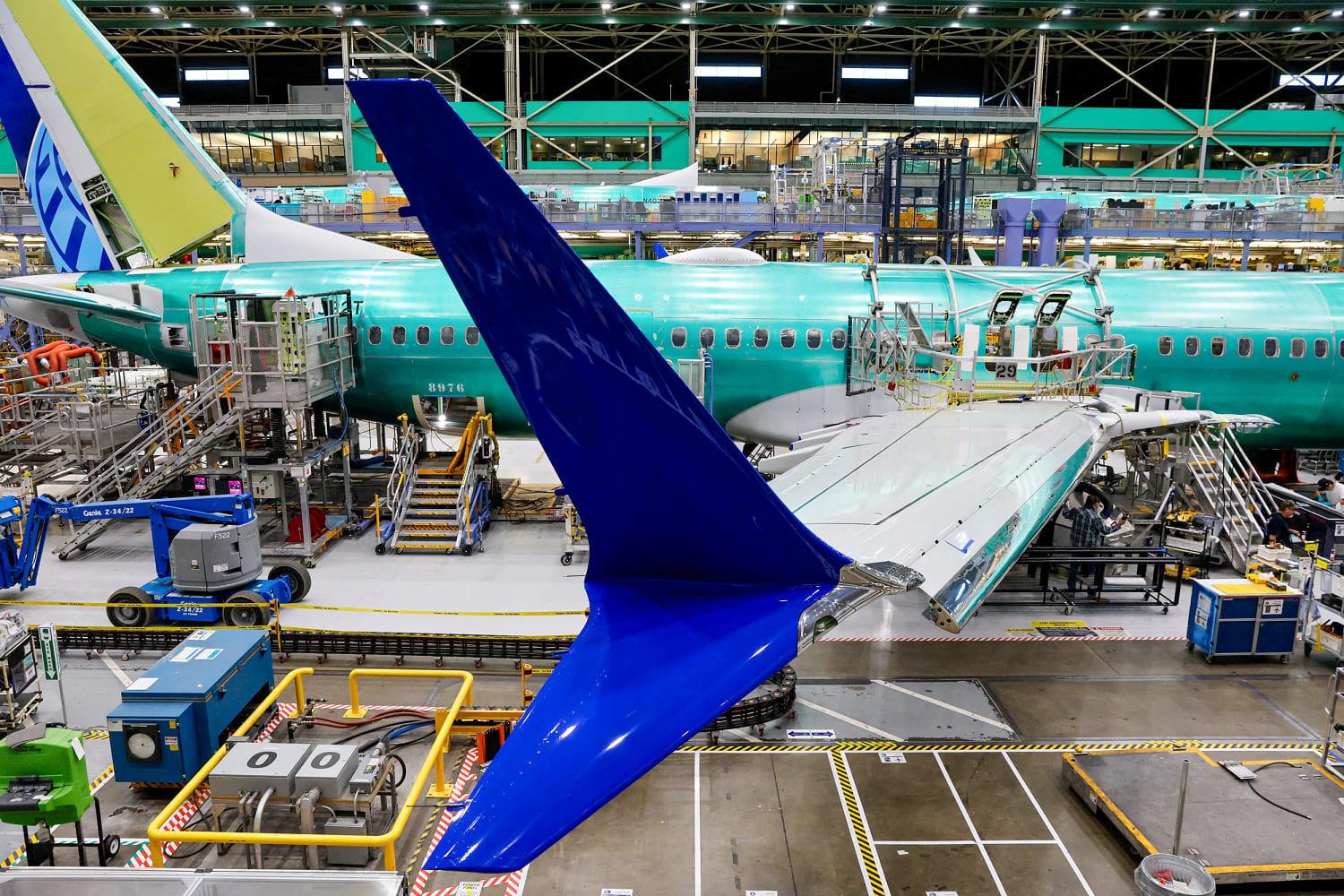
Boeing Plane Returns to China for Delivery Amid Easing Tariffs
